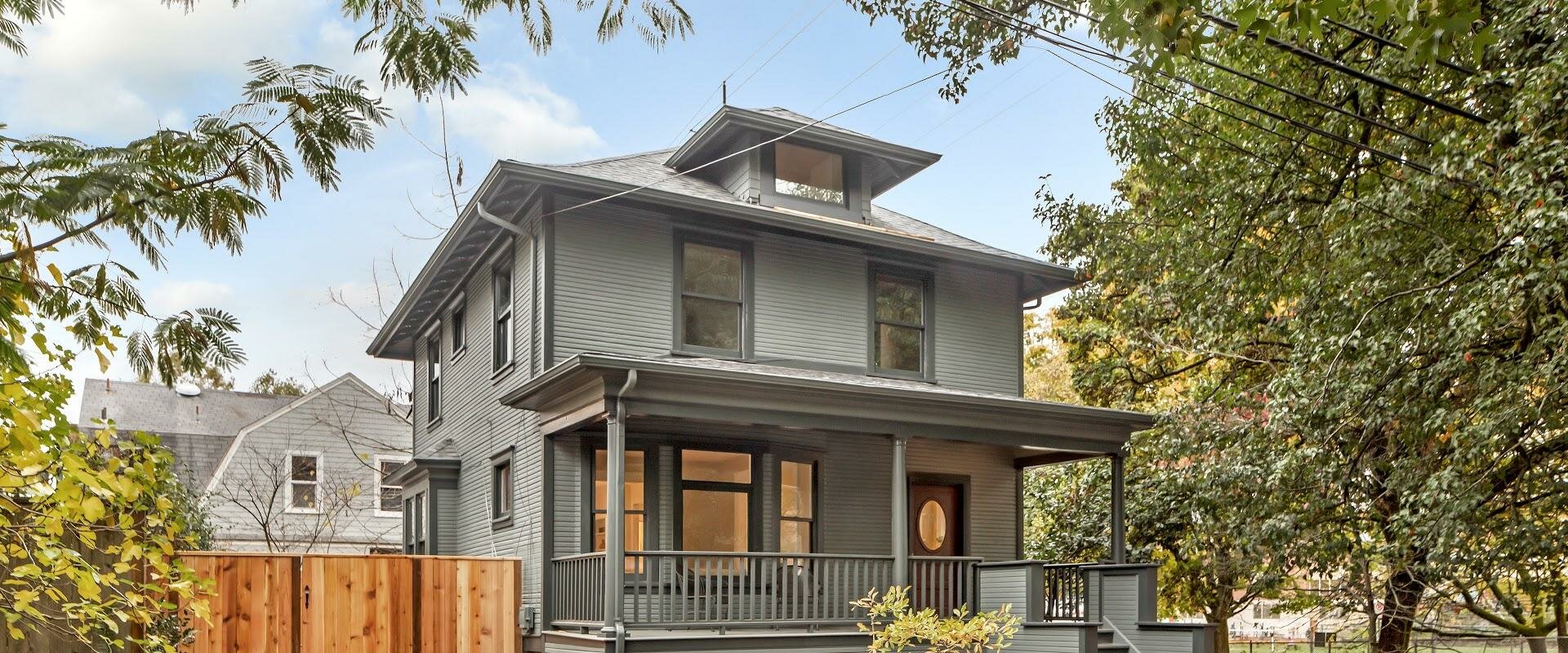Homeowners who are experiencing financial difficulties in Washington may be at risk of facing foreclosure.
When a borrower fails to repay their mortgage loan, the lender may initiate foreclosure proceedings as a means to reclaim ownership of the property and recover their financial losses.
If you are going through the foreclosure process, you may be interested in learning about any possible actions you can take.
This blog post highlights some foreclosure prevention measures specific to Seattle that can be helpful in preventing foreclosure and keeping your home.
Foreclosure prevention measures in Seattle Washington
We are sharing information about various foreclosure prevention measures, but it is possible that not all of them will be suitable for your situation. Ultimately, the decision to use these measures is up to you:
1. Pay off your mortgage / sell your property.
There are a few ways to halt the foreclosure process, and one of them is to pay off your remaining mortgage amount. This is the quickest and most effective method as the bank’s objective is to recover their funds. In most cases, if you are able to accomplish this, the bank will be satisfied allowing you to retain ownership of the property. However, there can be several financial constraints such as loss of employment, financial instability, and other unforeseen circumstances that may have led to the foreclosure in the first place making payment difficult, if not impossible.
2. Work out a deal with your bank. Negotiating with your bank to modify the structure of your mortgage is another option to consider when facing foreclosure. By discussing your situation with a specialist, you may be able to come up with a modified payment plan that better aligns with your current financial situation. This could entail spreading out payments over a longer period of time, or reducing monthly payments. However, before signing any modification agreement, it’s important to weigh the pros and cons to make sure that the altered arrangement works in your favor, and does not further exacerbate the foreclosure process. Consult with a trusted financial adviser to ensure that you’re not stuck in a similar predicament down the line.
3. Do a short sale. A short sale is a practice where a property is sold, and the profits from the sale are used to pay off the outstanding amount owed to the bank. In other words, the sale proceeds are applied to the mortgage, giving the borrower the chance to “short” the remainder of their mortgage payments. Doing so helps avoid a foreclosure proceeding and reduces the negative impact on one’s credit score. A short sale can be an effective method to manage debts and improve your credit score over time. However, it is important to consider the potential advantages and disadvantages of this kind of transaction, such as possible tax implications, before making any final decisions.
4. Give your deed in lieu.
If a homeowner is unable to pay their mortgage, they may consider a deed-in-lieu-of-foreclosure option as an alternative. The homeowner hands over the property to the lender, who then agrees not to pursue a foreclosure. However, this option is typically only feasible if the home’s value is approximately the same as the remaining mortgage amount. If the value is less, the lender may reserve the right to demand payment for the remaining amount. Before exploring this option, it can be helpful to consult with a foreclosure specialist to understand the implications it may have on credit score and finances.
5. File for bankruptcy. Although both bankruptcy and foreclosure have significant impacts on one’s life, bankruptcy affects various aspects of life. Nonetheless, filing for bankruptcy can prevent foreclosure as the foreclosure process halts after the bankruptcy is filed.
If you’re uncertain which option to choose, here’s a suggestion: If you have the means to make payments and you wish to remain in the house, then the ideal option for you would most likely be a foreclosure workout arrangement (#2).
If you wish to leave everything in the past and start anew, you may want to think about selling your home and using the funds to pay off your mortgage.

